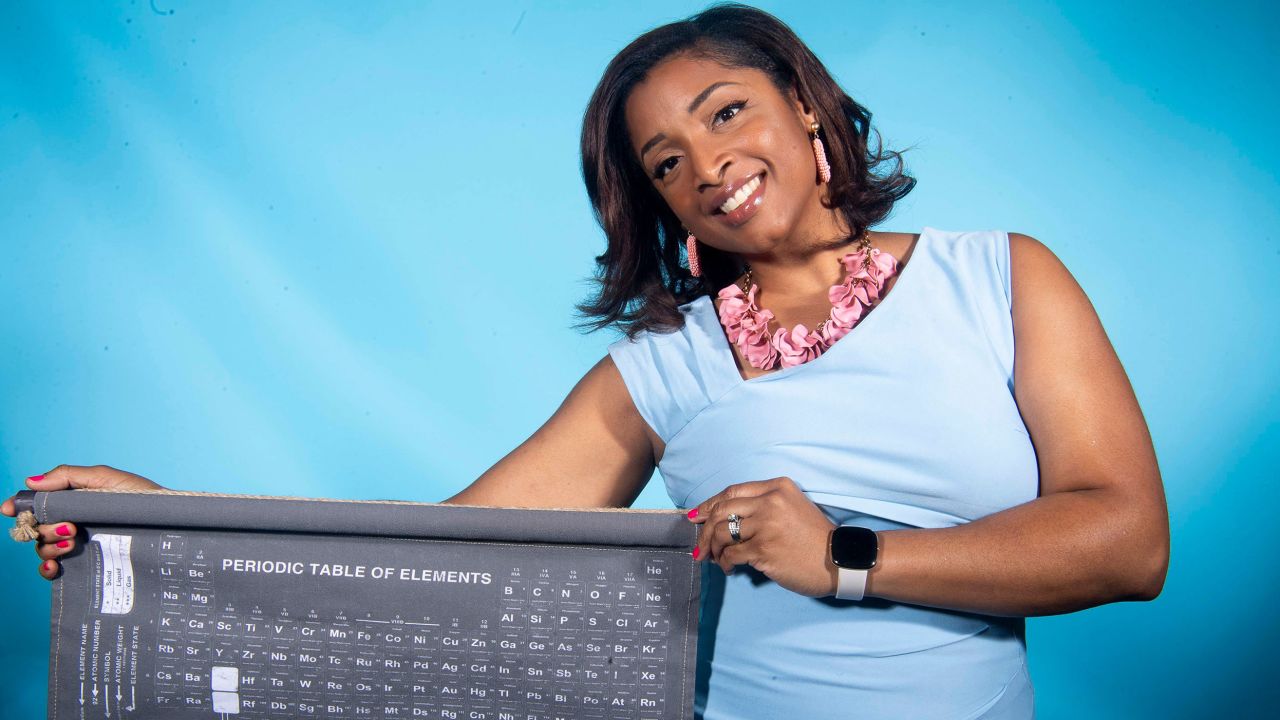As a kid, Clarice Phelps often turned to one image for inspiration.
While other seventh graders hung ’90s pop band and movie posters on their walls, Phelps put up a poster of Mae Jemison, the first Black female astronaut to launch into space.
“Mae started it all for me,” said Phelps, who in learning about Jemison realized she – a Black girl from Nashville’s Edgehill public housing – could reach for big dreams, too.
Because of her race, her gender or her family’s income, Phelps would face bias at almost every step, she said, on her way to helping make a discovery that would change how scientists chart the building blocks of the universe.
As the first Black woman to break such scientific ground, Phelps now feels a responsibility to guide kids like the one she once was, she said – even if others’ doubts about her sometimes still echo in her mind.


